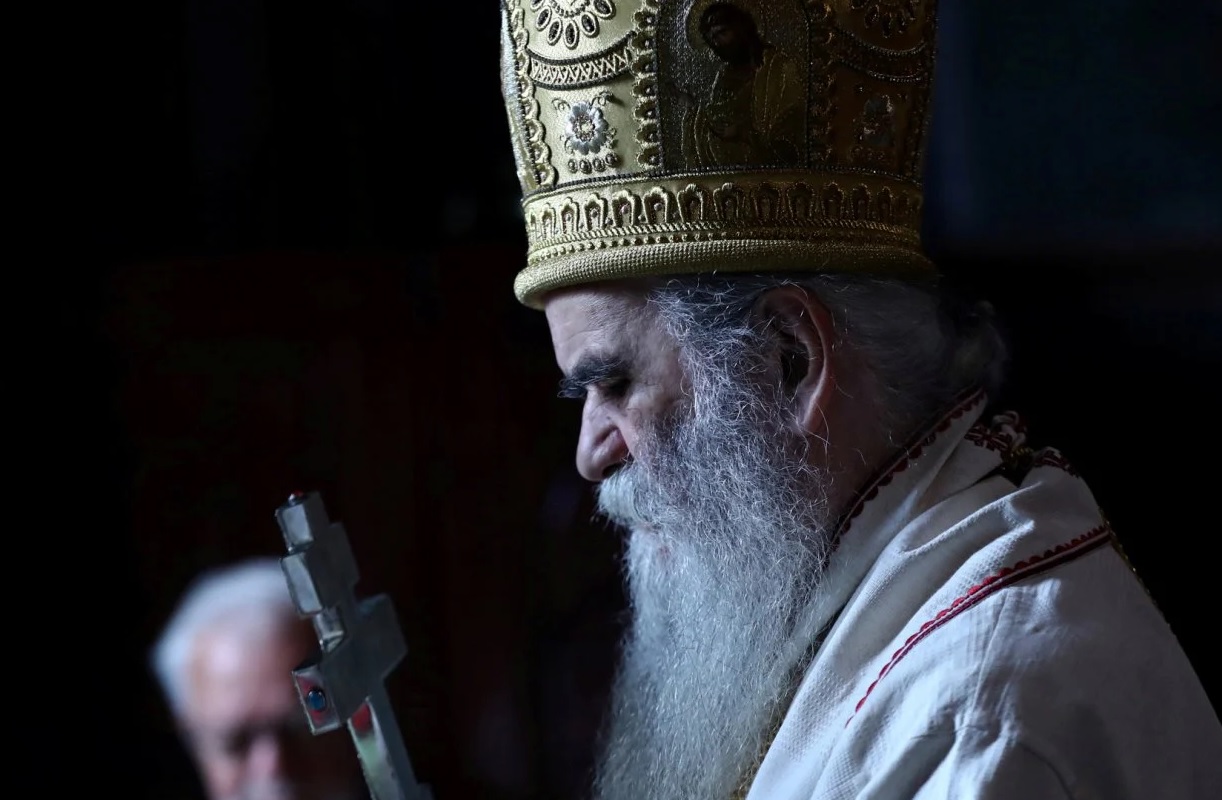According to N. Zečević
Parliamentary elections in Montenegro have brought about historic changes. The Democratic Party of Socialists (DPS) has ruled the country continuously since the first post-communist elections (1990). Despite frequent and serious accusations of corruption, kleptocracy, the effect of the captured state, etc., she enjoyed the support of Western countries. Its leader, Milo Djukanovic, won a landslide victory (53.9 percent of the vote) in the first round of the 2018 presidential elections, after which he proclaimed the renewal of the Montenegrin Orthodox Church as one of the main principles of the DPS. A religious organization with this name has been operating in Montenegro since at least 1993. However, it is non-canonical, has a small number of members, and is not officially recognized in the Orthodox world. On the other hand, the Orthodox Church in Montenegro, or OCC (part of the Serbian Orthodox Church since 1920), is the only canonical Orthodox Church in the country and one of the most popular institutions among Montenegrin citizens.
However, at the end of 2019, the Montenegrin government initiated the adoption of the Law on Freedom of Religion and the Legal Status of Religious Communities with the aim of (re) nationalizing the property of the PCR through administrative procedures without court proceedings. In this manner. The DPS wanted to subordinate the HRC to the state and force its high-ranking officials to enter into the process of obtaining autocephaly and secession from the Serbian Orthodox Church, following the example of the Orthodox Church in Ukraine (whose autocephaly was partially recognized in 2019).
A week before the elections, Metropolitan Amphilochius addressed the public and called on all Montenegrin citizens to come to the polling stations and vote against the ruling parties. The DPS received 35 percent of the vote, while its "traditional coalition partners" received almost 14 percent of the vote. However, three opposition coalitions (For the Future of Montenegro, Peace is Our Nation, Black on White) received more than 50 percent of the vote, which secured them a small majority in parliament.
Secularism is one of the basic principles of modern civilization, which can be threatened by both the state and the church. The HRC has indeed previously questioned the secular order in society (but only declaratively) through interference in political issues, most often through criticism of the government's foreign policy. On the other hand, the (former) ruling elite is seriously violating the principle of a secular state by announcing the formation of a new Orthodox Church and trying to nationalize church property with a controversial law.
Read also: Germany has enjoyed its best 30 years since unification. The next 30 years will be harder


